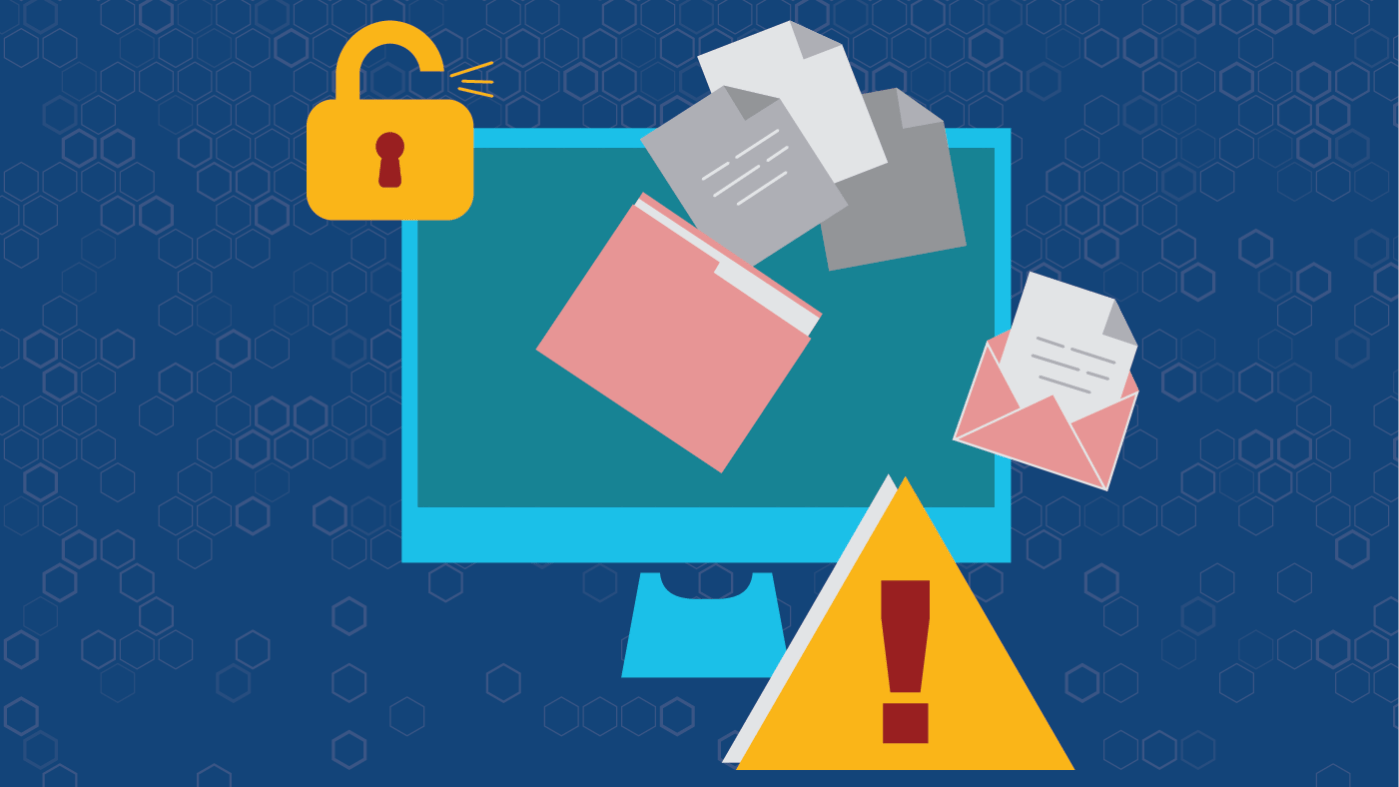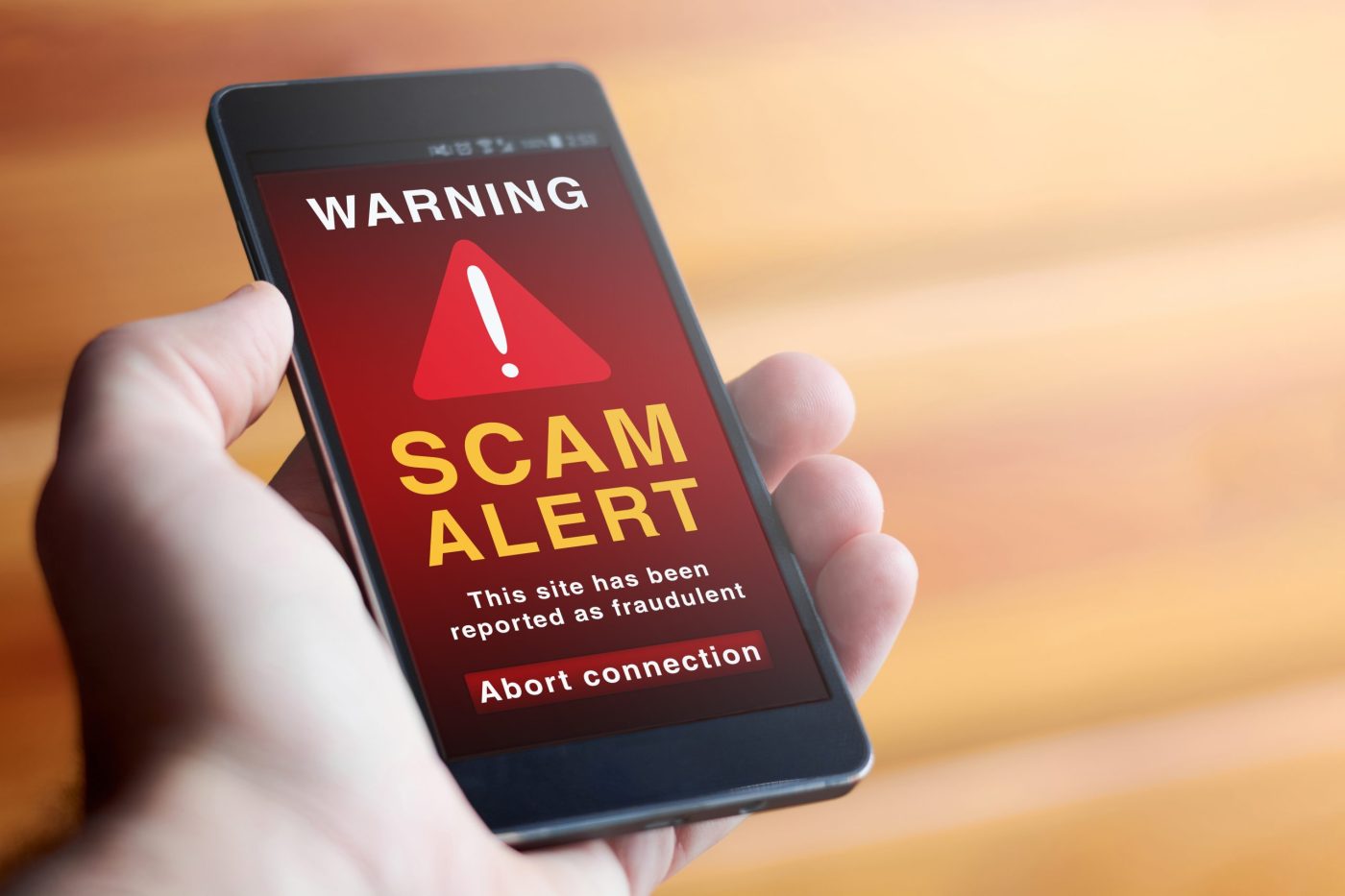Are you the family of a Veteran honored with a final resting place at a VA national cemetery? Or perhaps you are a Veteran enjoying your retirement. Unfortunately, you might also be a target for cybercriminals.
The privacy and security of Veterans’ families need protecting from scammers, even after commemorating a loved one’s service and sacrifice. These families often rely on VA for help with burial costs, survivor compensation and health benefits, and trust VA to defend their privacy and protect their personal information. Veterans and their families rely on VA to manage and protect their health records and financial information.
To ensure that it only collects relevant, necessary information, VA has adopted nine principles for accessing and using Veteran data. VA’s Office of Information and Technology vets all digital partners and platforms before allowing them to handle personal data. While VA protects Veterans and their families’ personal information, VA can’t fully eliminate threats posed by cybercriminals.
Popular scams to avoid
Veterans and their families are susceptible to fraudulent calls and mailers from companies claiming to lower their monthly mortgage payments. Scammers may ask for upfront payments before offering service, request mortgage payments to be made via money order/gift cards, or they might ask that you sign over the title of your property. VA provides resources for Veterans and families who are struggling to make their monthly mortgage payments. VA will never request personal information over the phone, via text or in an email, and will never threaten any kind of legal action if this information is not provided.
Information Security and Privacy Awareness Week is April 25-29, 2022. It’s a time to remind everyone of threats they may encounter anytime. Here are some tips to protect yourself from possible scams:
- Ask questions if you are unsure about what is being requested. If someone has contacted you and is requiring you to provide your personal information right away, you should be concerned. Do a simple web search to find if any similar scams have been reported by others.
- Hang-up the phone if you have any doubts whether you are talking to a VA representative. Call 1-800-MyVA411 right away.
- Delete any suspicious emails to avoid threats from phishing scams.
More tips
For more information and best practices on keeping your family cyber-safe, visit:
Topics in this story
More Stories
According to the Internal Revenue Service (IRS), taxpayers lose millions of dollars each year due to tax-related scams and schemes, making it crucial for everyone, especially Veterans, to stay vigilant and informed to avoid falling victim to these fraudulent activities.
In observance of Identity Theft Awareness Week, Jan. 29 – Feb. 2, 2024, VA provides you and your loved ones information on how to safeguard your identity, keeping your VA benefits safe.
Learn how you can guard your VA online health information against scammers and online threats when using My HealtheVet or VA apps.






